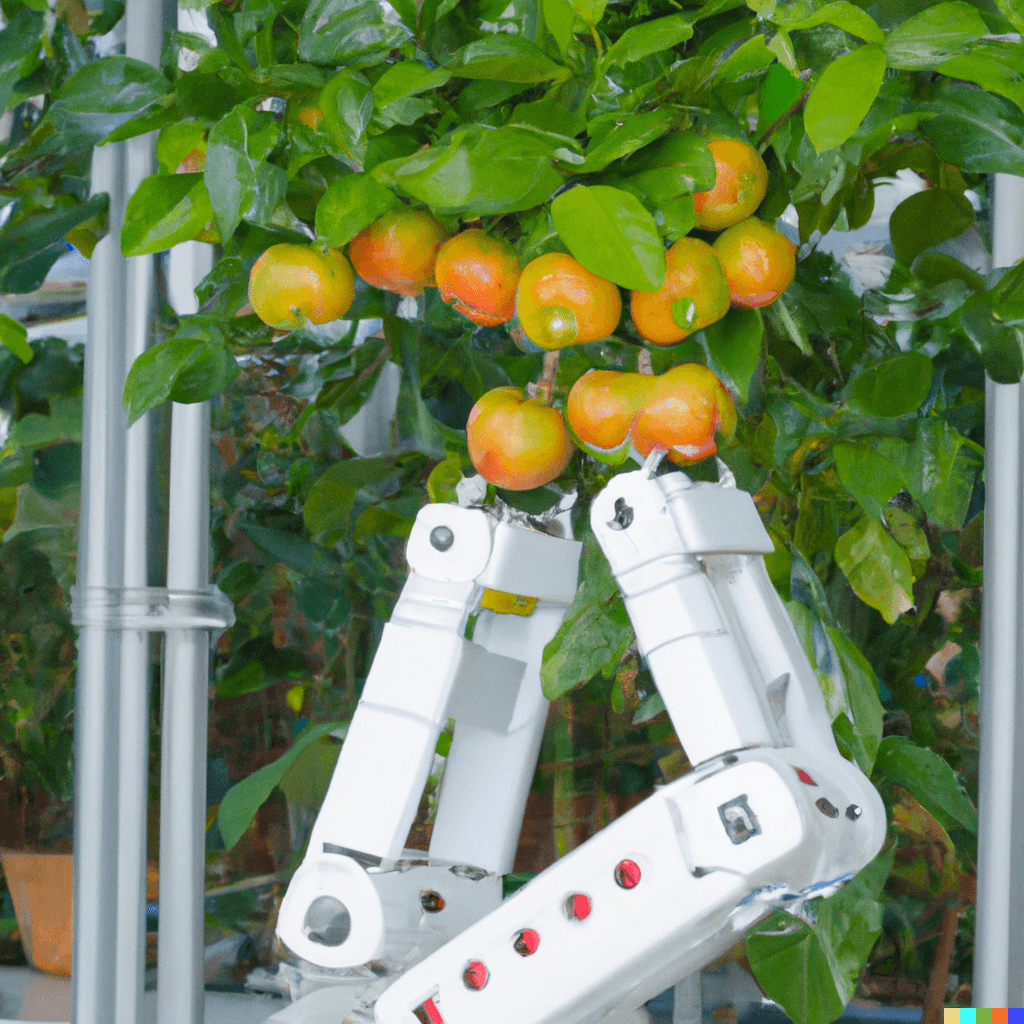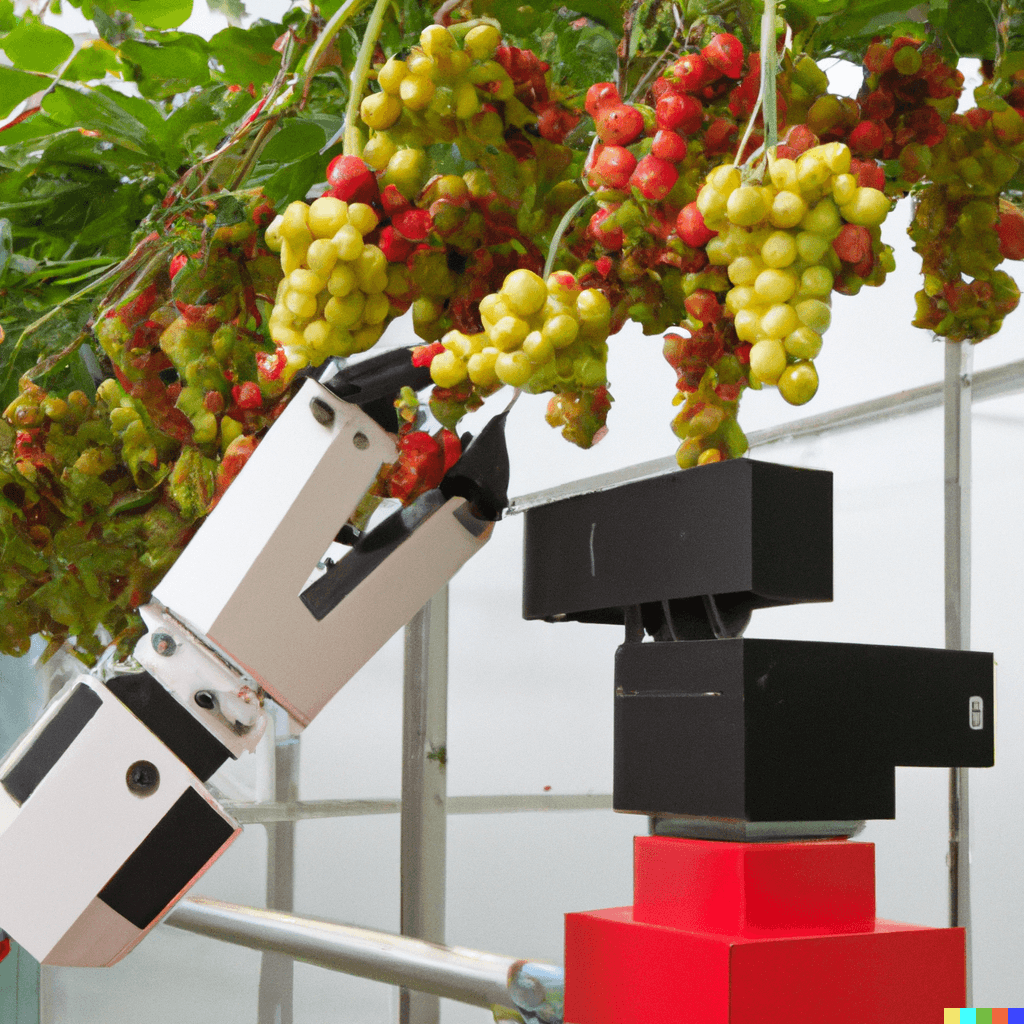The Saudi Agriculture
and Robotics
Saudi Arabia is a country with a vast desert landscape, and for many years, agriculture has not been a major industry in the country. However, in recent years, there has been a growing interest in developing the agricultural sector in the country to increase food security and reduce dependence on imports.

About The Saudi Agriculture and Robotics
One of the key challenges facing the development of agriculture in Saudi Arabia is the scarcity of water resources. The desert climate of the country receives very little rainfall, and traditional irrigation methods are not always effective in such conditions.
To overcome this challenge, modern technologies such as drip irrigation, desalination, and atmospheric water generation (AWG) are being implemented. Drip irrigation systems allow for the efficient use of water by delivering it directly to the roots of plants, while desalination and AWG technologies provide a reliable source of water by extracting it from seawater or the air.

Another challenge facing the development of agriculture in Saudi Arabia is the lack of suitable land for farming. The desert landscape is not naturally conducive to agriculture, and significant efforts are required to prepare the land for farming. This includes soil preparation, erosion control, and the use of green houses and other structures to protect crops from the harsh desert climate.
To make the desert greener and more productive, the government and private sector are investing in research and development of new technologies and techniques. The use of advanced irrigation systems, precision agriculture, and sustainable farming practices are helping farmers to increase crop yields and reduce water usage. Additionally, the use of hydroponics and aeroponics are being researched as an alternative method of growing crops, which can help to conserve water and use less land.
In addition, the government is actively promoting the development of the agricultural sector through policy and investment in infrastructure. This includes investments in research and development, extension services, and the construction of new irrigation systems and other infrastructure.
In the future, the agricultural sector in Saudi Arabia is expected to continue to grow, as more and moreland is brought into production and new technologies are implemented. This will help to increase food security, reduce dependence on imports, and create new economic opportunities for the country.
In conclusion, the development of agriculture in Saudi Arabia is facing a number of challenges, including scarcity of water resources and lack of suitable land for farming. However, with the implementation of modern technologies and sustainable farming practices, it is possible to overcome these challenges and make the desert greener and more productive. The government and private sector must invest in research and development, infrastructure, and policies, in order to create a sustainable future for the country’s agriculture.




